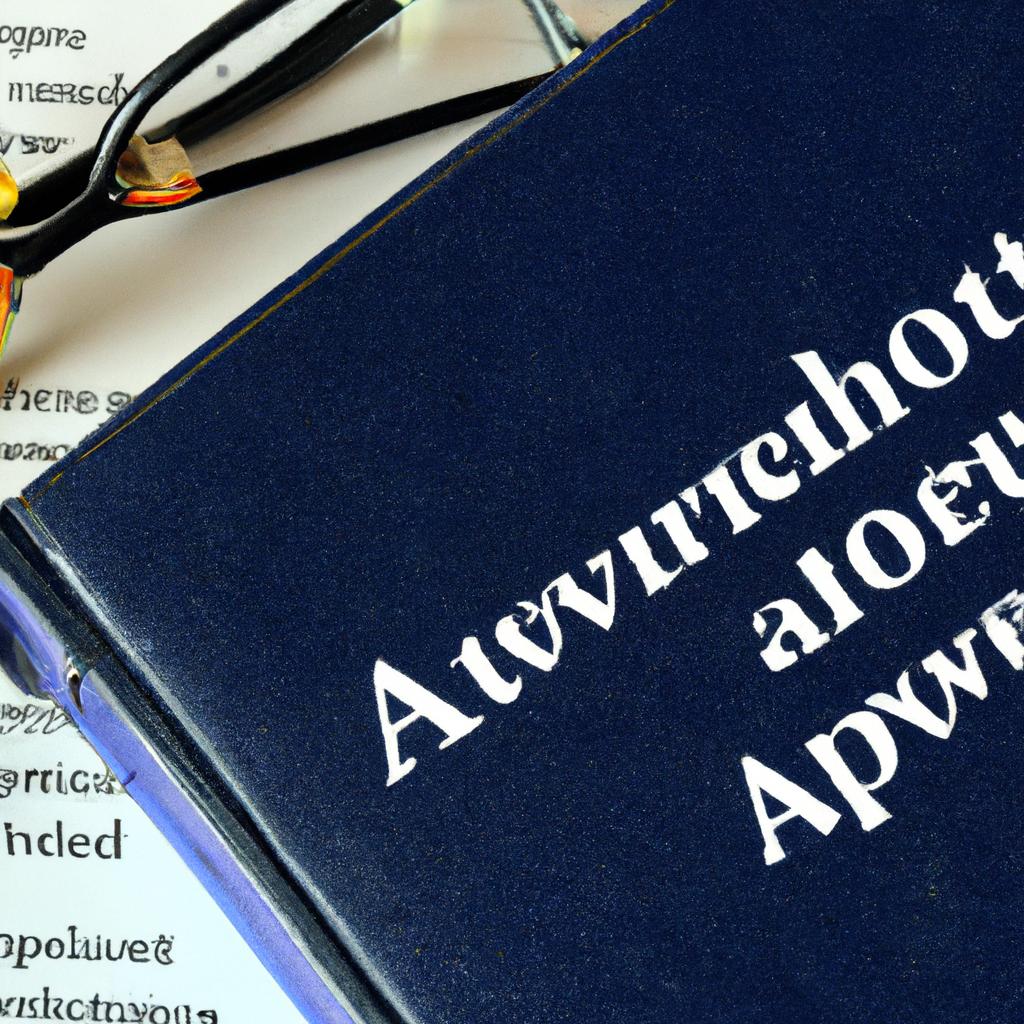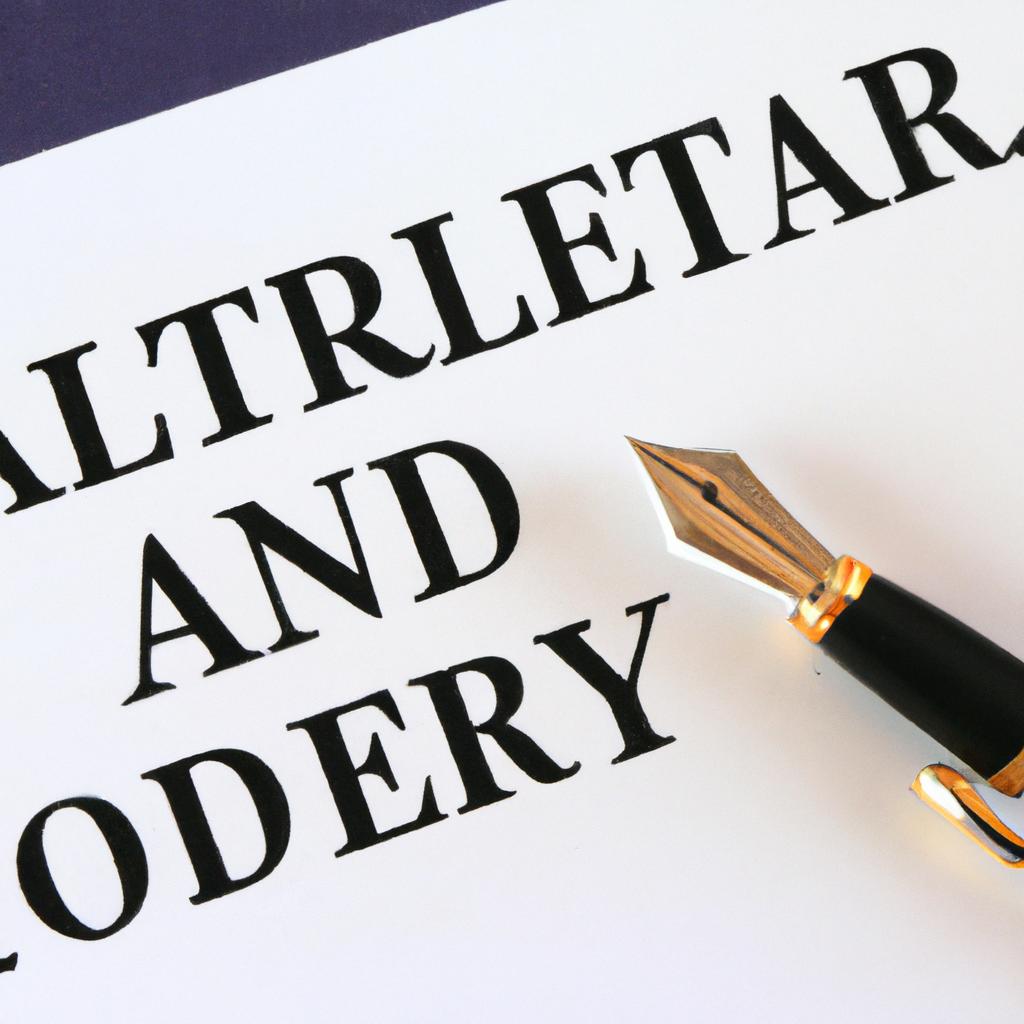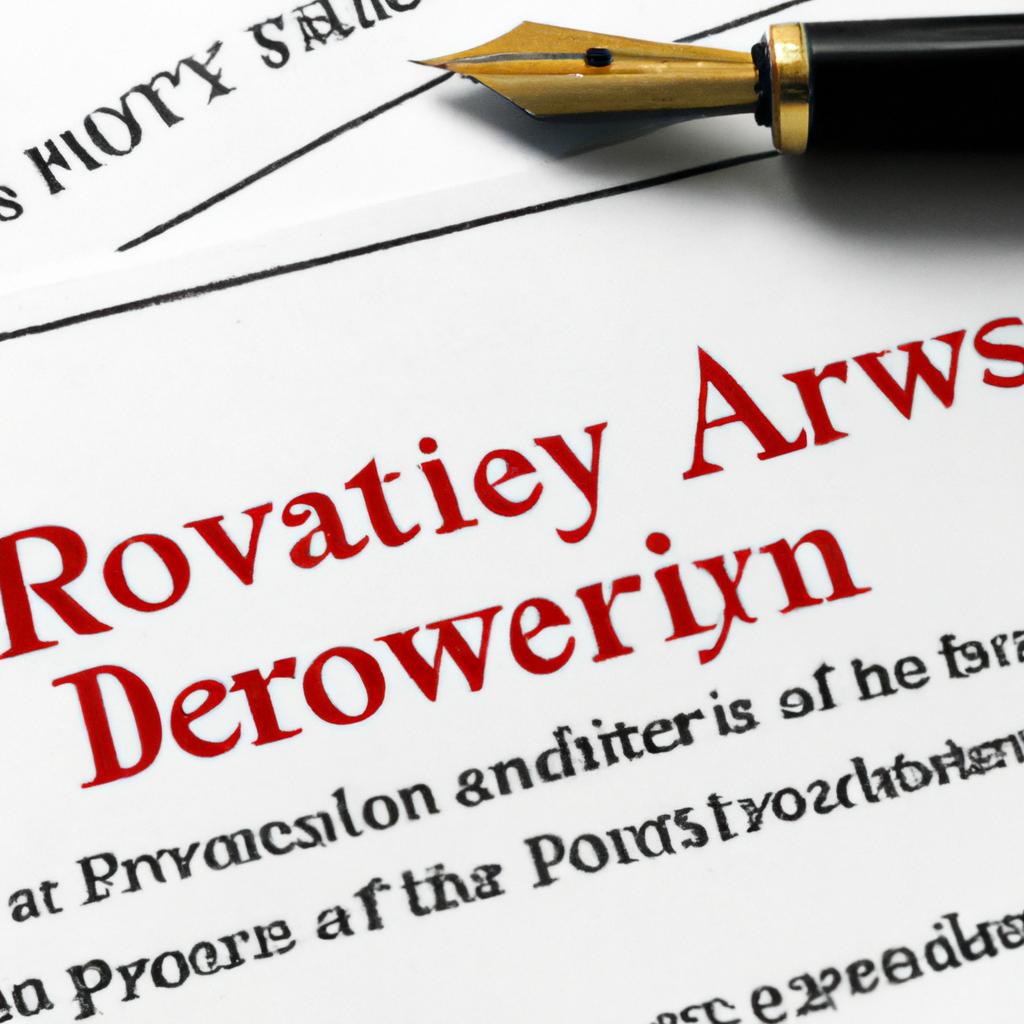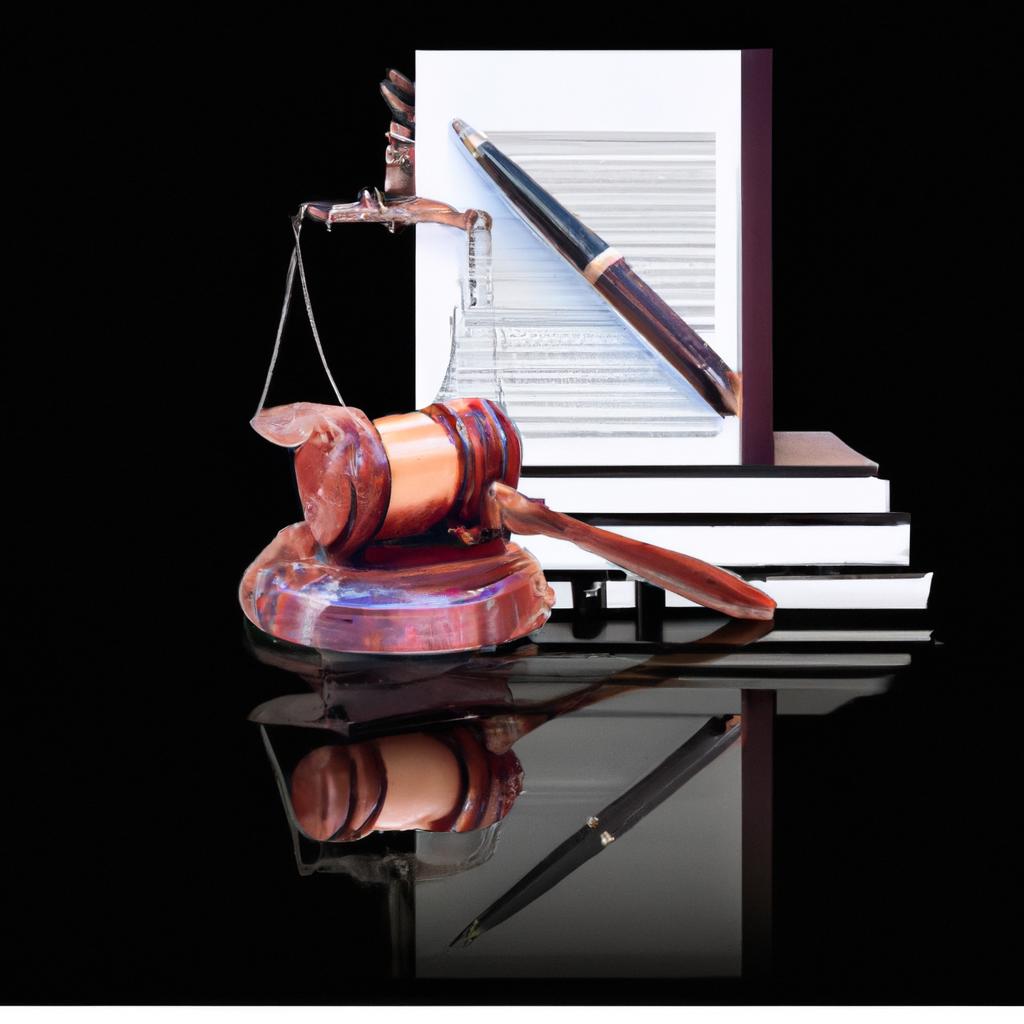In the realm of estate planning and asset management, the decision between a durable power of attorney and a general power of attorney holds significant weight. As seasoned attorneys at Morgan Legal Group in New York City, we understand the nuances and implications of each option. In this article, we delve into the distinctions between durable and general powers of attorney, shedding light on the key considerations for individuals seeking to safeguard their interests and secure their future. Join us as we navigate the intricate terrain of legal planning with precision and insight.
Durable Power of Attorney: Ensuring Protection in Times of Incapacity
In the realm of estate planning, understanding the difference between a durable power of attorney and a general power of attorney is crucial. While both types give someone the authority to act on your behalf if you become incapacitated, there are key distinctions to be aware of.
A durable power of attorney remains valid even if you become mentally incapacitated, whereas a general power of attorney becomes void in such circumstances. This distinction is essential for ensuring that your financial and medical affairs are handled properly in times of need. With a durable power of attorney, you can trust that your designated agent will have the authority to make decisions on your behalf when you are unable to do so.

General Power of Attorney: Understanding the Scope and Limitations
When considering the differences between a durable power of attorney and a general power of attorney, it is essential to understand the scope and limitations of each. A general power of attorney grants an individual the authority to act on behalf of another person in various legal and financial matters. This broad authority can include managing bank accounts, signing documents, and making financial decisions. However, it is important to note that a general power of attorney typically does not remain valid if the principal becomes incapacitated.
Alternatively, a durable power of attorney remains in effect even if the principal becomes incapacitated. This type of power of attorney is often used in estate planning to ensure that someone can make important decisions on behalf of the principal if they are unable to do so themselves. While a durable power of attorney provides greater protection for the principal, it also comes with its own set of limitations. Understanding the differences between the two can help individuals make informed decisions when creating an estate plan.

Choosing Between Durable and General Power of Attorney: Factors to Consider
When deciding between a durable and general power of attorney, there are several key factors to consider. Both types of powers of attorney grant someone the legal authority to make decisions on your behalf, but they differ in scope and duration.
<p>Some factors to consider when choosing between a durable and general power of attorney include:</p>
<ul>
<li><strong>Extent of Authority:</strong> A general power of attorney grants broad authority to the agent, allowing them to make a wide range of decisions on your behalf. In contrast, a durable power of attorney can be more limited in scope and tailored to specific needs.</li>
<li><strong>Duration:</strong> A general power of attorney is typically only effective while you are competent, whereas a durable power of attorney remains in effect even if you become incapacitated.</li>
<li><strong>Flexibility:</strong> A general power of attorney is more flexible and can be used for a variety of purposes, while a durable power of attorney is specifically designed to address potential incapacity.</li>
</ul>

Recommendations for Drafting an Effective Power of Attorney Document
In the realm of estate planning, it is crucial to understand the distinctions between a durable power of attorney and a general power of attorney. While both documents grant someone the authority to act on your behalf in legal matters, their scope and duration vary significantly. When drafting a power of attorney document, consider the following recommendations to ensure its effectiveness:
-
Specify the Type of Power of Attorney: Clearly define whether you are granting a durable power of attorney or a general power of attorney. A durable power of attorney remains in effect even if you become incapacitated, while a general power of attorney typically terminates upon your incapacity.
-
Clearly Identify the Agent: Designate a trustworthy individual as your agent, ensuring that they understand their responsibilities and obligations. Consider appointing an alternate agent in case the primary agent is unable to fulfill their duties. This strategic decision can prevent potential conflicts and ensure the seamless execution of your wishes.
| Tip: | Consult with an experienced attorney to tailor your power of attorney document to your unique circumstances and objectives. Taking a proactive approach to estate planning can provide peace of mind and protect your interests in the long run. |
|---|
Q&A
Q: What is the difference between a durable power of attorney and a general power of attorney?
A: A general power of attorney grants someone the ability to make decisions on your behalf on a wide range of matters, whereas a durable power of attorney remains in effect even if you become incapacitated.
Q: How does a durable power of attorney help protect my interests?
A: A durable power of attorney ensures that someone you trust can make decisions for you if you are unable to do so yourself, providing peace of mind and protection for your assets and well-being.
Q: Can I have both a durable and general power of attorney?
A: Yes, you can have both types of power of attorney, with each serving different purposes. A general power of attorney can be useful for day-to-day decision-making, while a durable power of attorney is essential for long-term planning and protection.
Q: What factors should I consider when choosing between a durable and general power of attorney?
A: When deciding between the two, consider your specific needs and circumstances. If you want to ensure that someone can make decisions for you in case of incapacity, a durable power of attorney is essential. If you simply need someone to handle specific tasks or transactions, a general power of attorney may suffice.
Q: How do I go about setting up a durable or general power of attorney?
A: To set up a power of attorney, consult with a legal professional who can guide you through the process and ensure that your document meets all legal requirements. It is important to choose someone you trust to act as your attorney-in-fact and discuss your wishes and preferences with them.
To Conclude
In conclusion, when choosing between a durable power of attorney and a general power of attorney, it is important to consider your individual needs and circumstances. Durable power of attorney provides long-term protection, while general power of attorney offers more flexibility in decision-making. Ultimately, the decision depends on your specific situation and what will best serve your interests. Whichever option you choose, it is essential to make sure your legal affairs are in order to ensure that your interests are protected in the event of incapacity. Remember, the power of attorney is a powerful legal tool that should be wielded responsibly and with careful consideration.

